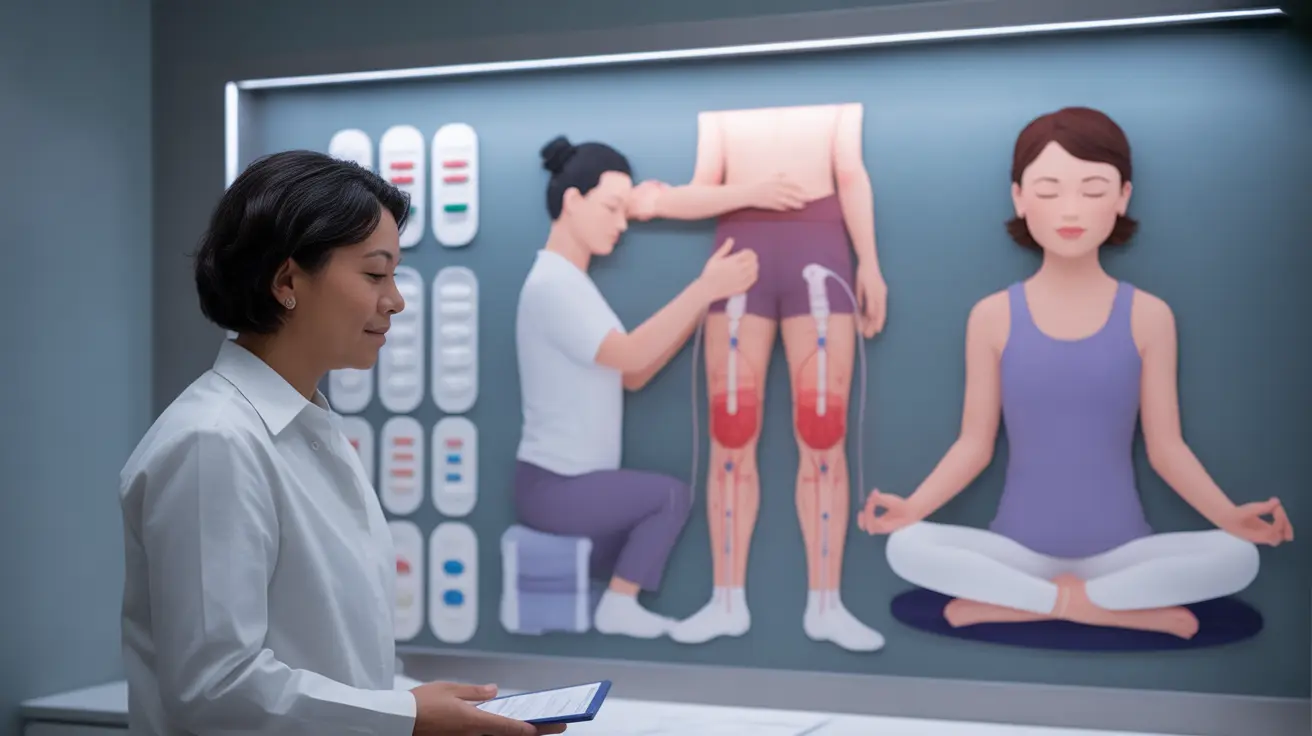Managing pain when you have kidney disease requires careful consideration of medication choices. Not all painkillers are created equal when it comes to kidney safety, and choosing the wrong option could potentially worsen kidney function. Understanding which pain relievers are safe for your kidneys is crucial for maintaining your overall health while effectively managing pain.
This comprehensive guide will explore the various pain relief options available to people with kidney disease, from over-the-counter medications to prescription alternatives, helping you make informed decisions about pain management while protecting your kidney health.
Understanding Pain Medication Categories and Kidney Impact
Different types of pain medications interact with your kidneys in various ways. Being aware of these differences can help you make safer choices for pain relief.
Acetaminophen (Tylenol): The Kidney-Friendly Option
Acetaminophen is generally considered the safest over-the-counter pain reliever for people with kidney disease. Unlike other pain medications, it doesn't directly affect kidney function when taken as directed. However, proper dosing is crucial to prevent other organ complications.
The recommended maximum daily dose for adults with kidney disease is typically 3,000 mg, but your healthcare provider may recommend a lower dose based on your specific kidney function levels. Always follow your doctor's guidance on appropriate dosing.
NSAIDs and Kidney Function
Non-steroidal anti-inflammatory drugs (NSAIDs) like ibuprofen, naproxen, and aspirin can potentially harm kidney function, especially in people with existing kidney problems. These medications can reduce blood flow to the kidneys and may cause further damage to already compromised kidney tissue.
Prescription Pain Management Options
When over-the-counter medications aren't providing adequate relief, several prescription options may be appropriate for people with kidney disease:
- Certain opioid medications (when properly monitored)
- Gabapentin or pregabalin for nerve pain
- Topical pain relievers
- Low-dose antidepressants for chronic pain
Each of these options requires careful consideration and close monitoring by your healthcare provider to ensure safety and effectiveness.
Alternative Pain Management Strategies
For people with kidney disease, non-medication approaches to pain relief can be valuable alternatives or complementary treatments:
- Physical therapy
- Acupuncture
- Heat or cold therapy
- Gentle exercise
- Meditation and relaxation techniques
- Massage therapy
Working with Your Healthcare Team
Managing pain with kidney disease requires a coordinated approach with your healthcare providers. Regular communication about pain levels, medication effectiveness, and any side effects is essential for optimal pain management while protecting kidney function.
Frequently Asked Questions
What is the safest over-the-counter painkiller for people with kidney disease?
Acetaminophen (Tylenol) is generally considered the safest over-the-counter painkiller for people with kidney disease when taken as directed. It doesn't directly affect kidney function like other pain medications can.
Can I take ibuprofen or other NSAIDs if I have kidney problems?
People with kidney problems should generally avoid NSAIDs like ibuprofen, as these medications can potentially worsen kidney function. Always consult your healthcare provider before taking any NSAIDs if you have kidney disease.
How much acetaminophen (Tylenol) is safe to take if I have reduced kidney function?
For most adults with kidney disease, the maximum daily dose of acetaminophen should not exceed 3,000 mg. However, your healthcare provider may recommend a lower dose based on your specific kidney function. Always follow your doctor's recommended dosing.
Are there any prescription pain medicines that are safe for kidney disease?
Yes, certain prescription medications can be safe for people with kidney disease when properly monitored. These may include specific opioids, certain nerve pain medications, and topical treatments. Your doctor will determine the most appropriate options based on your individual situation.
What should I do if over-the-counter painkillers don't help my pain and I have kidney issues?
If over-the-counter pain relievers aren't providing adequate relief, consult your healthcare provider about prescription options or alternative pain management strategies. They can develop a comprehensive pain management plan that's safe for your kidneys while effectively addressing your pain.




